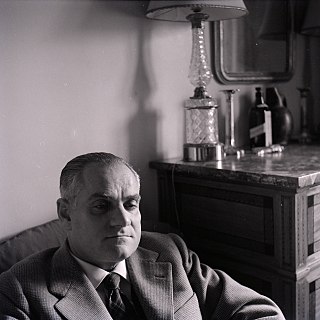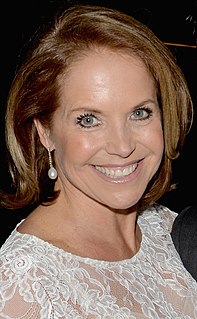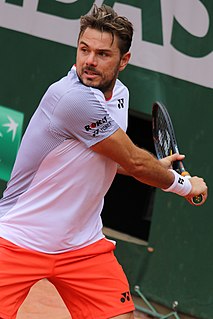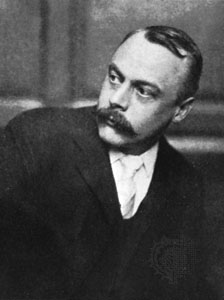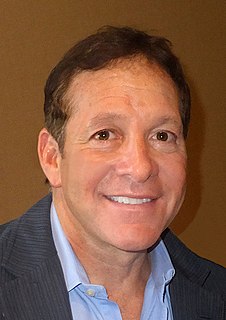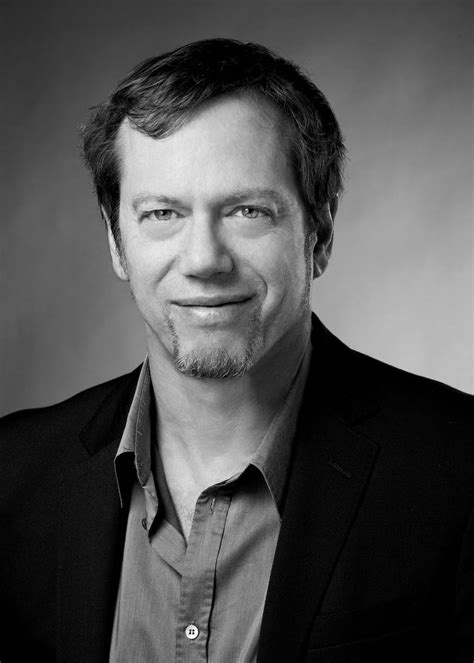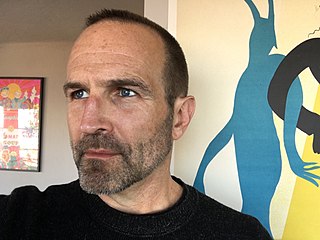A Quote by Aristotle
A thing chosen always as an end and never as a means we call absolutely final. Now happiness above all else appears to be absolutely final in this sense, since we always choose it for its own sake and never as a means to something else.
Related Quotes
We are so anxious to achieve some particular end that we never pay attention to the psycho-physical means whereby that end is to be gained. So far as we are concerned, any old means is good enough. But the nature of the universe is such that ends can never justify the means. On the contrary, the means always determine the end.
For you [God] are infinite and never change. In you "today" never comes to an end: and yet our "today" does come to an end in you, because time, as well as everything else, exists in you. If it did not, it would have no means of passing. And since your years never come to an end, for you they are simply "today."
I've always been a character actor, although I'm not quite sure what that means. All my scripts are absolutely covered in notes, so any time I say anything - even 'pass the salt' - I have six subtexts, comments on what I really mean when I'm saying that. Maybe that's what gives the impression that I'm saying one thing and thinking something else.
If, then, there is some end of the things we do, which we desire for its own sake (everything else being desired for the sake of this), and if we do not choose everything for the sake of something else (for at that rate the process would go on to infinity, so that our desire would be empty and vain), clearly this must be the good and the chief good.
There is nothing -- absolutely nothing -- half so much worth doing as simply messing about in boats. In or out of 'em, it doesn't matter. Nothing seems really to matter, that's the charm of it. Whether you get away, or whether you don't; whether you arrive at your destination or whether you reach somewhere else, or whether you never get anywhere at all, you're always busy, and you never do anything in particular; and when you've done it there's always something else to do, and you can do it if you like, but you'd much better not.
Truth is always here. That's the only way truth can be. Truth cannot be anywhere else. The only time it can be is here, and the only place it can be is now. But the mind is never here and is never now. Hence, mind and truth never meet. The mind goes on thinking about truth, and the truth goes on waiting to be realized, but the meeting never happens. The meeting is possible only if mind stops functioning, because mind means the past, mind means the future. Mind is never here-now. Whenever you start thinking, you are going astray. If you stop thinking, suddenly you are at home.
The Daoist appeal to simplicity can be very appealing to the many of us who feel that contemporary life is overwhelming. "Less is more" can be a call to identify what it is we really need and appreciate doing for its own sake, as opposed to what we have been socialized into wanting, often to our detriment, or becoming consumed by activity that we would never do for its own sake but only for the sake of something else.
And I also know that pain can seem like an endless ribbon. You pull it and you pull it. You keep gathering it toward you, and as it collects, you really can't believe that there's something else at the end of it. Something that isn't just more pain. But there's always something else at the end; something at least a little different. You never know what that thing will be, but it's there.


